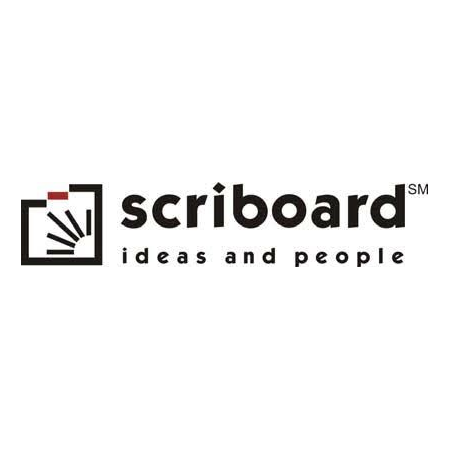Enrol for Lifetime Deal Course and get Access to 100+ Certificate Courses at INR 5999
Enrol for a Master Course at INR 3999 and get access to multiple Certificate Courses
Enrol for a Diploma Course at INR 2999 and get two free Certificate Courses
Enrol for a Certificate Course at INR 1999 and get one free Certificate Course

₹9,998.00 Original price was: ₹9,998.00.₹9,998.00Current price is: ₹9,998.00.
A tort is an act or omission that gives rise to injury or harm to another and amounts to a civil wrong for which courts impose liability. In the context of torts, “injury” describes the invasion of any legal right, whereas “harm” describes a loss or detriment in fact that an individual suffers. It is derived from the English common law system. However, over a period of time, it has undergone numerous changes. The law of torts largely remains uncodified, however, certain aspects have been codified in India like consumer protection, motor vehicle accident, environment degradation etc.
The most recent codified version of consumer protection law in India is the Consumer Protection Act, 2019 which replaces its predecessor of 1986. The 2019 Act also deals with the technological advancements in the industry, provides for easier filing of complaints and also imposes strict liability on businesses including endorsers for violating consumers’ interest.
The Diploma in Understanding Tort Law and Consumer Protection Law in India provides an understanding of the basic concepts related to the law of torts and provides an overview of the consumer protection law in India i.e. the Consumer Protection Act, 2019, by means of video lectures one of the renowned law firms in India, Scriboard Advocates and Legal Consultants in association with Enhelion.
According to the law firms and our policy, the course fees will not be refunded.
Enrolling for the diploma programme will enable you to:
The course has been designed to provide an overview of tort law vis-à-vis nuisance, negligence, vicarious liability, defamation etc. It also highlights some of the general defences available in the tort law. It also discusses the key provisions of the Consumer Protection Act, 2019.
The following are the modules which are covered under the course [Video lectures only]–

Rodney D. Ryder is the founding partner at Scriboard and is a leading technology, intellectual property and corporate lawyer. He is the author of Guide to Cyber Laws: the Information Technology Act, 2000, E-Commerce, Data Protection and the Internet, the first section-wise analysis of the Indian Information Technology Act, 2000. He is presently Advisor to the Ministry of Communications and Information Technology, Government of India on the implementation of the Information Technology Act, 2000.Mr. Ryder has been nominated as a 'Leading Lawyer' in intellectual property, technology, communications and media law by Asia Law, Who'sWhoLegal, Asia Legal 500, amongst other International publications. Mr. Ryder is also advisor to the Data Security Council of India [a NASSCOM initiative] on the structuring of industry data privacy and information security policies and contractual standards. His second book, Intellectual Property and the Internet, published by LexisNexis is perhaps the only one of its kind in Asia. The text has been acknowledged to be an authoritative work by the Hon’ble Supreme Court of India and has been quoted in the first and only judgement by the Hon’ble Supreme Court of India on domain names. He is advisor to the National Internet Exchange of India [NiXI] and a member of the panel of independent and neutral arbitrators with NiXI.
In every walk of life, the process of evaluation takes place in one form or the other. If the evaluation process is eliminated from human life then perhaps the aim of life may be lost. Being in the same line, Enhelion is committed to evaluate the process of learning through its courses.
The enrollee will be evaluated based on two Project Assignments, which would test the analytical understanding of the topics covered in the video lecture.
The most intriguing aspect of the evaluation process is the time flexibility it affords. You can choose to undergo the evaluation process as and when you are ready for the same.
To be eligible to receive a certificate after successful completion of the course, one is required to secure an overall minimum of 40 percent in the Project Assignments.
